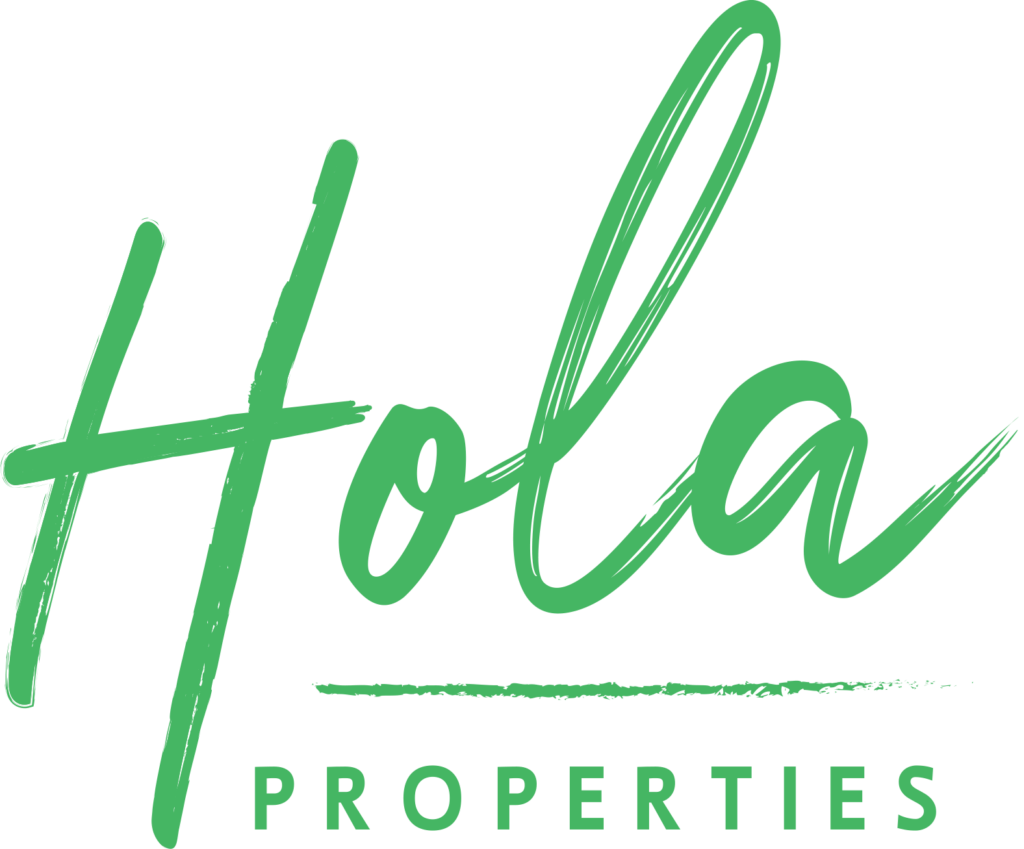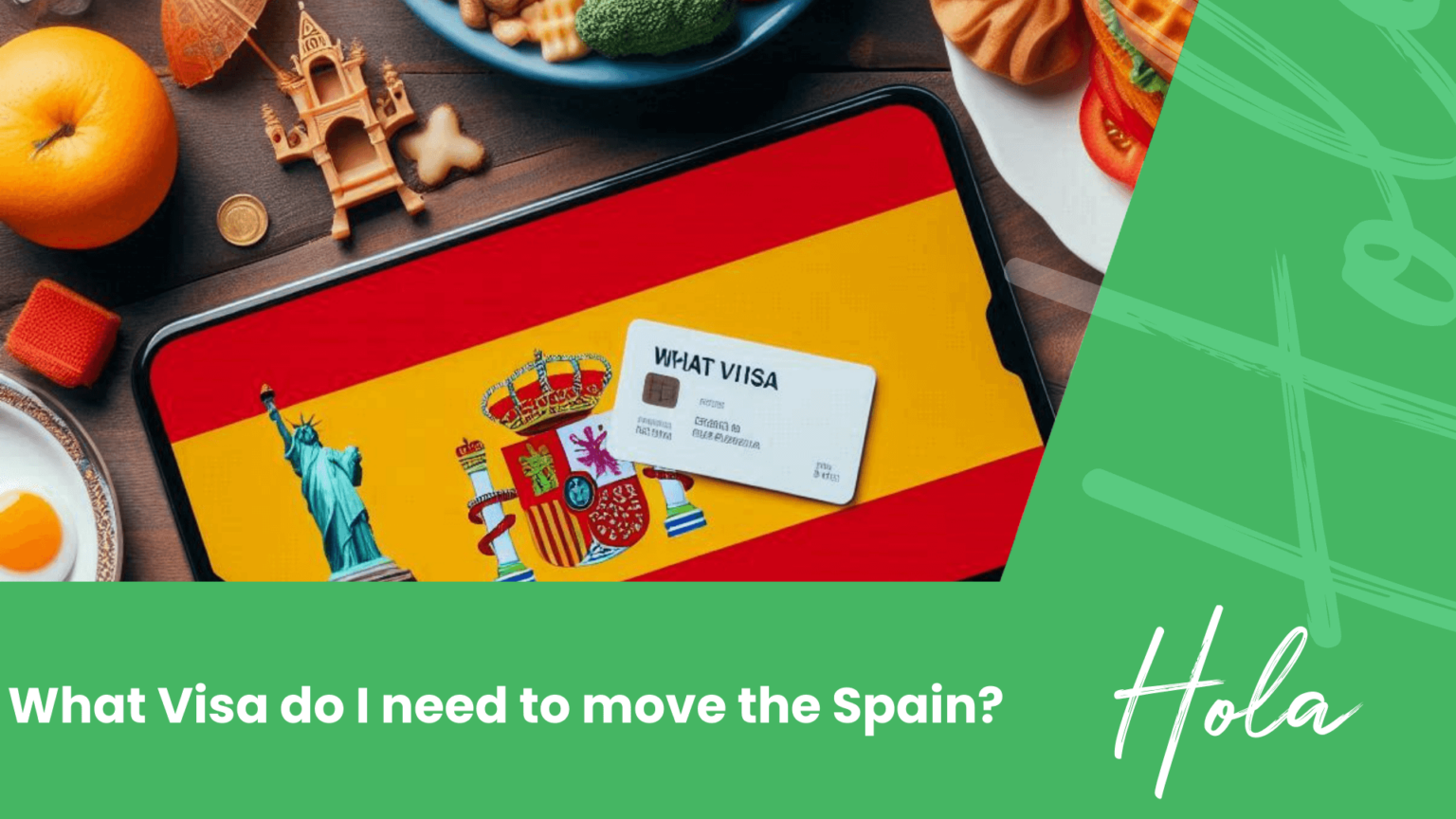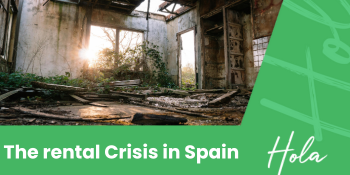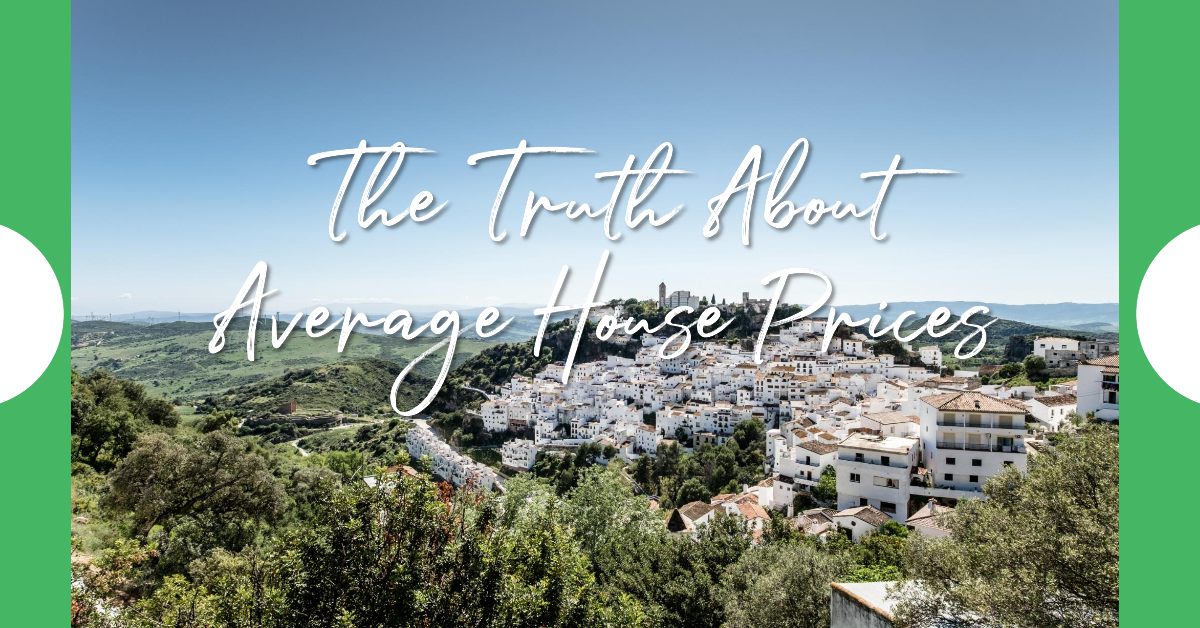Top tips you need to know after buying a house in Spain.
Today we’re going to take a bit of time to look at what happens after you have purchased your property in Spain will look at some of the top five important things that you need to be aware of and you need to action after you have bought your property in Spain
Number one is the non-residents tax.
If you are not looking to become a Spanish resident and live here permanently this is something that quite often catches people out. Many clients who have been owners of a property in Spain for several years have not done their non-residents tax return and this can catch you out quite badly when the authorities catch up with you. If you are a non-resident, which is quite common for people before they find their final place to settle in Spain, then you need to do, and in fact, you have a legal obligation to do a non-residents tax return each year. You will also need to do one for each property that you own. For example, if you had a townhouse and maybe a Finca in the campo this means that you would need to do a declaration for each property you own. In addition, if you’re an owner together with your partner or spouse for example, then you will both have to submit a declaration with a 50% / 50% split over the year for the tax return
How the tax is calculated does vary from year to year and has several variables within it as well, but you will be applying this as a percentage of the cadastral value of your property. However, as I’ve said this does vary quite considerably so it is important to get proper advice on completing the tax return.
Get advice about my tax return
Number 2 relates to your NIE number.
This is an identification number for foreigners commonly known as a tax identification number. As we’ve discussed numerous times before, this is vital for everything that you do in Spain. For example, you cannot purchase property without one, you need it for buying a car, opening a bank account, and many other day to day tasks. It’s needed for virtually everything. However, your NIE number does stay with you for life and the original certificate you get with your NIE number is very important to keep. A copy of this will be required on a regular basis. Likewise, whenever you submit any paperwork to any official offices in Spain you will need your NIE number on it, so in fact, the NIE acts as an ID number for you in Spain. You can find out more about NIE numbers here.
Number 3 relates to official notifications
This is something you will become very familiar with in Spain over time. The bureaucratic system can be quite complicated here , especially if you’re not going to be living here full time. It’s often important to have an official notification address which may not be your actual property address, but for example, could be the estate agents office that you bought the property through if they offer that service. This will be an address that can be used for any official notifications to be sent to, in particular any tax-related organisations, because if you are not here full time then it’s not an excuse to say to the tax office that you didn’t receive a notification. So this is vitally important to make sure that if you’re not living here full time or if you live in the campo so you don’t have an address on the postal system speak to your agent and they should be able to help you out with this now. See here for more details on this
Number 4 – Am I a tax resident.
This is a question that I get asked on a daily basis, however, there is no straightforward and simple answer because it really depends on each person’s personal circumstances. As a general rule if you spend more than six months of the year or 183 days in Spain you automatically become a tax resident and therefore should be making your tax declarations. This is very different from being a resident for which you would normally need to apply for residency, and if you were coming from outside of the EU then you would usually need to apply for a visa such as a non-lucrative visa or a working visa and occasionally the golden visa. It’s important to understand the difference between a tax resident and a non-tax resident, so do check and get some professional advice on this to ensure that you don’t fall foul up some of the pitfalls. An example of this is that if you were to sell a property in another country and made a capital gain, but also became a tax resident in Spain in the same year you could potentially be paying capital gains tax on the sale of your property in another country. It’s very important to understand the rules and regulations surrounding this so don’t hesitate to ask for some further advice, Just click here to get in touch. you can see more about this here
Number five. can I rent out my property?
Well, this is a multifaceted question and answer because it will often depend on whether you are looking at long-term rentals or holiday rentals -. The rules and regulations will vary across Spain depending on each autonomous region so for the moment let’s just look at Andalucía. It is possible to rent your property for holiday lets but you will need to obtain a tourist licence. Some tourist licences only allow you to let the property for up to 90 days a year, whilst with others you can rent all year round. If you are looking at a long-term rental then you can do this without a licence but you need to be very careful about the type of tenancy agreement that you use. There are some overriding statutory obligations within tenancy agreements and for landlords and if it’s not written correctly this could potentially cause you some trouble. You may have already heard about the rights that squatters have when it comes to properties in Spain and how difficult it can be to remove them. This makes it essential to get proper advice on this and not to just stab a guess at it.
Get more advice by clicking here
More tips on finding the right home in Spain Click Here




